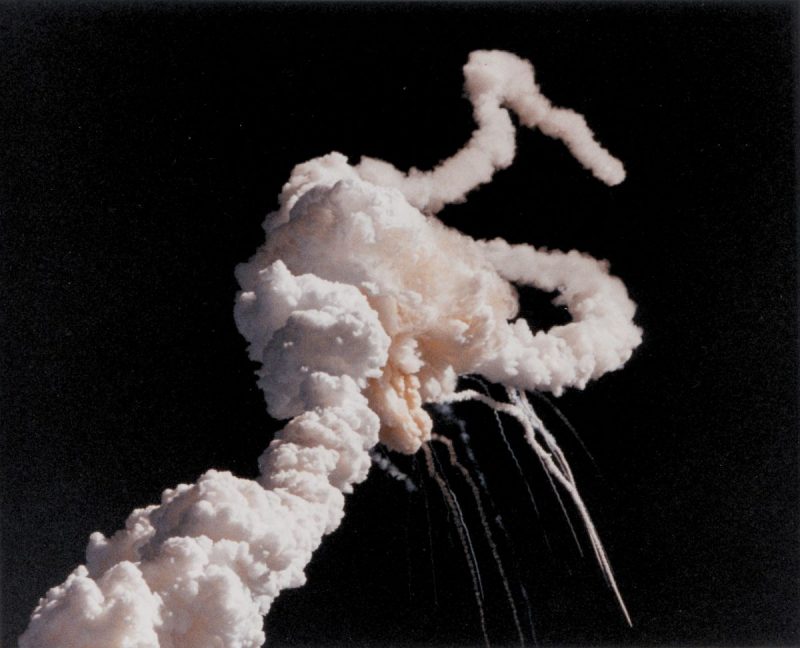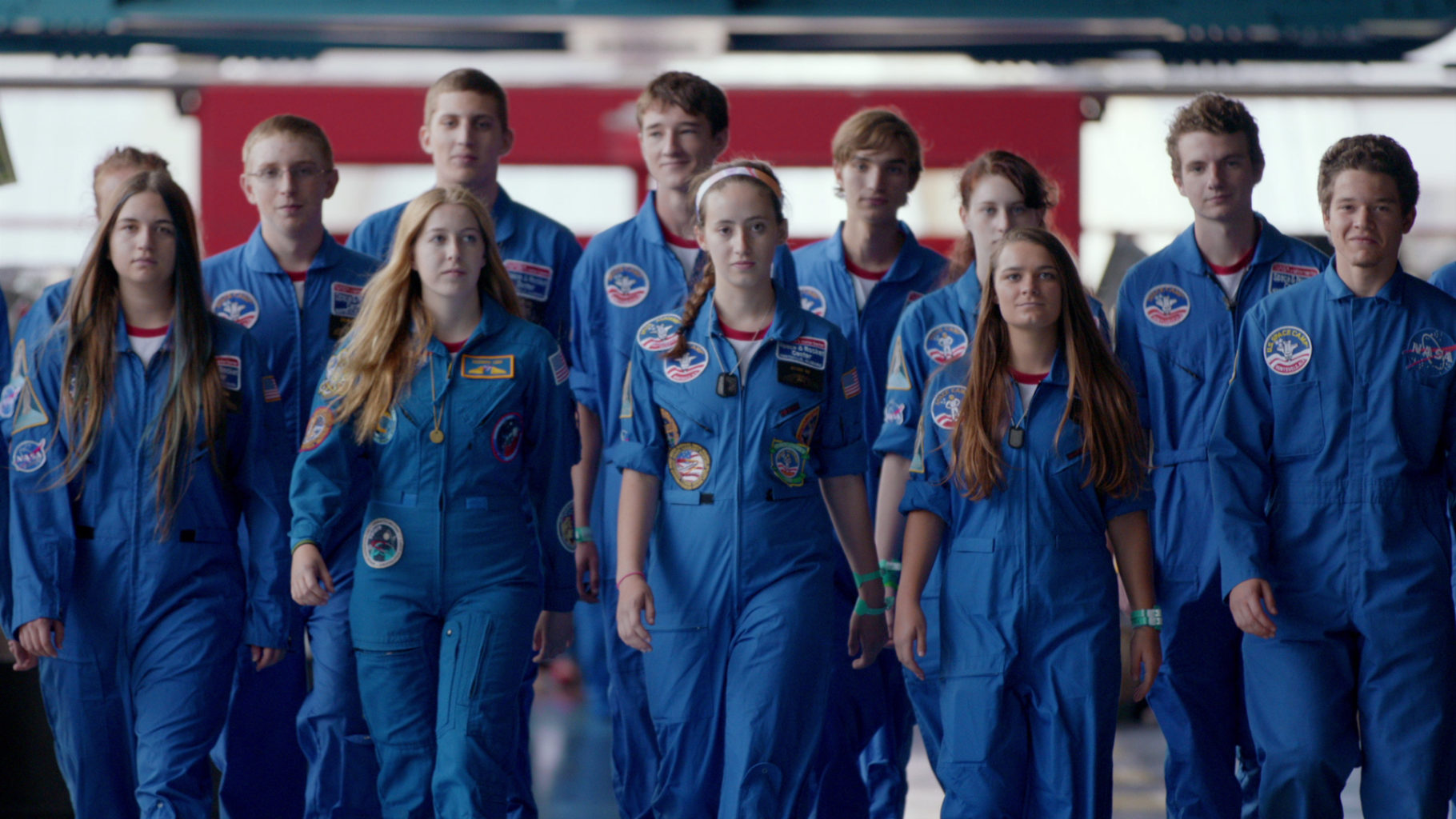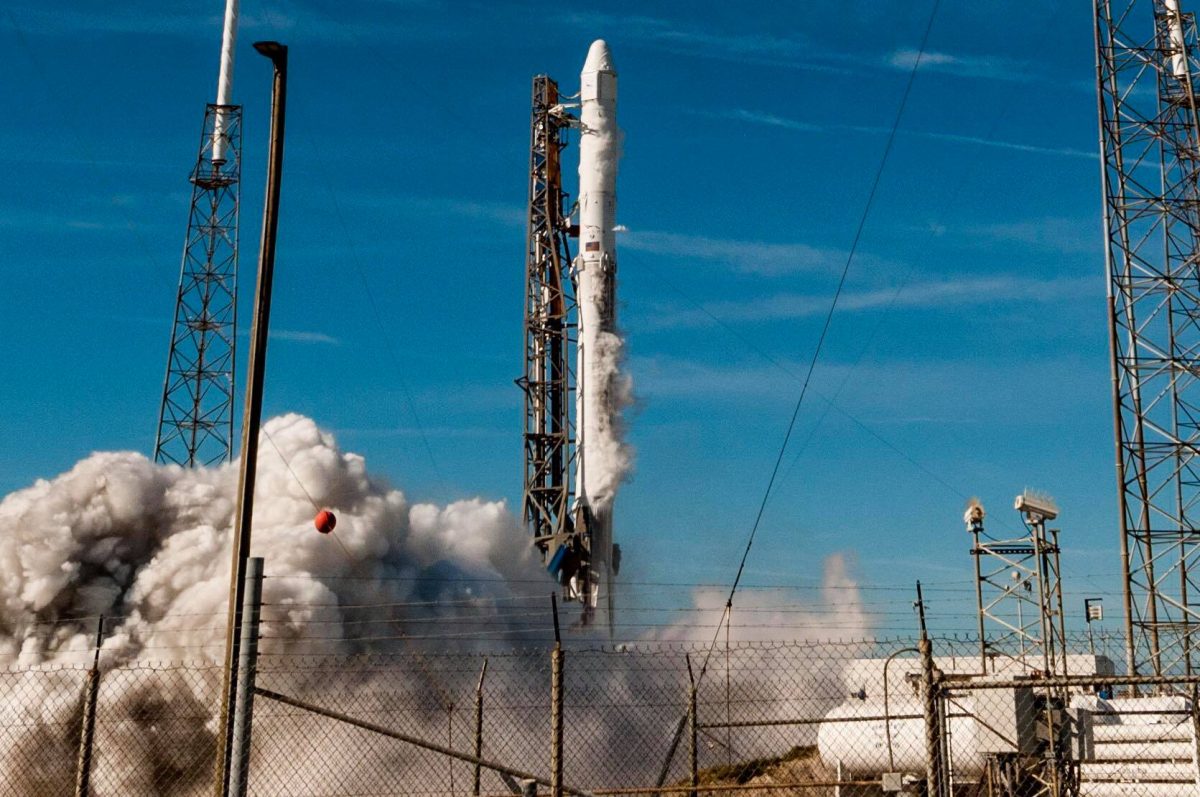We live in a world where the concept of death has become sensitized. Whether that’s been through pop culture, endless wars, the persistence, and the omnipresence of death itself, humans don’t seem to value it.
The reality is a tough pill to swallow but the fact is that the world isn’t doing so great right now. We face social and environmental challenges that are creating a perfect storm for suffering throughout the world. Because of endless conflict, the world also faces the worst refugee crisis since World War II.
But we push forward and upward still, and to much dismay. Why would humans spend billions on the resources to achieve spaceflight and to travel to other worlds when we’ve clearly not been so kind to this one? Because at the end of the day, humans migrate. We always have and always will. Like our many ancestors and even our neighbors in the animal kingdom depended on movement for survival.
It’s in our natural instinct and it has made humans both pioneers and adventurers, seeking what’s over the hill and what’s around the corner. But it comes at a cost.
There’s a reason pioneers are celebrated and written about in history books. To brave a frontier not only requires a years-long commitment, but it may require your life as well. When the first ships crossed the Atlantic, when the Vikings sailed the northern Sea, and when humans began to build a home in space, many died. That is the cost of exploration and discovery. It always has and it always will be.
The space program has always been a shining light for humanity. Something of pride and a sense of adventure. It let humans believe the impossible and pursue something that seemed out of reach. The early days of humanity’s push to orbit were driven by conflict in the post-WWII era. The Soviets put the first human in space, Yuri Gagarin and the Americans needed to best that.
NASA soon began the effort to land the first humans on the moon with its Apollo capsule. During the testing of that capsule at Kennedy Space Center, 3 American astronauts were killed in a fire.
But still, NASA soldiered on because America’s standing and security were perceivably at stake. And of course, on the Apollo 11 mission, humans would step foot on the Moon.
Years later and with the lunar landings in rear-view, NASA redirected to a permanent presence in orbit. That would be made possible by the widely-celebrated Space Shuttle program. The optics were astounding. A vehicle that launched to space and flew back home––like Star Trek. In fact, the first space shuttle was named the Enterprise.
Then tragedy struck. The crew of the Challenger space shuttle was killed when the vehicle exploded during takeoff. The event would break America’s heart and ground the program for a while.
Years later, the Columbia space shuttle would disintegrate on re-entry, killing its entire crew. The tragic event rocked the industry and would exasperate the issues already facing the shuttle program. Some would say it helped the government end the program altogether.
The last Shuttle flight was in 2011 and today the space industry is entering a new generation of spaceflight. Human launches will soon return to American soil at Cape Canaveral but this time it will be private companies like Boeing and SpaceX assuming the responsibility for human lives.
Will there be incidents? We absolutely hope not but history dictates itself, and so does probability. Space travel is still extremely difficult and with the number of launches increasing far beyond what shuttle and Soyuz flew, the chances of an incident go up. Remember, companies like Blue Origin, SpaceX, Sierra Nevada, and others, aim to make space travel as regular as commercial spaceflight.
That means constant launches and constant landings. And busy airspace all around the globe.
That also means accepting the everyday risks of everyday travel. Cars still crash, planes still fall out of the sky, and trains are derailed all the time. Will the space industry ultimately accept this risk as part of its long-term goals or will they let the inevitable death slow it down?
The irony is that death on this planet has become business as usual but speak of death in space, where it is costly, and suddenly human life isn’t expendable.
And it shouldn’t be, anywhere. No matter what the future is coming right for us and those who are willing to make the sacrifice to brave a new frontier will accept the risks for themselves.









